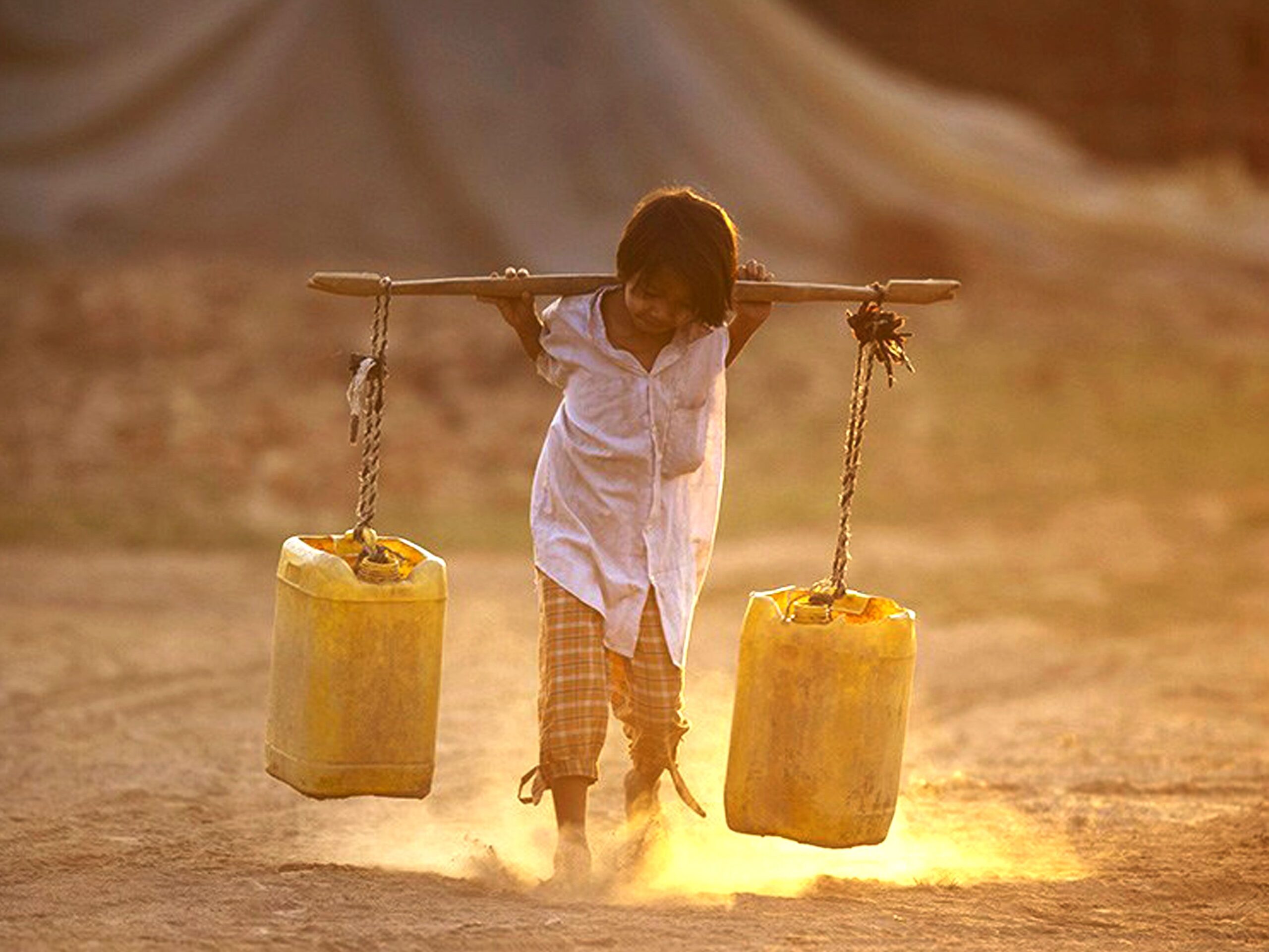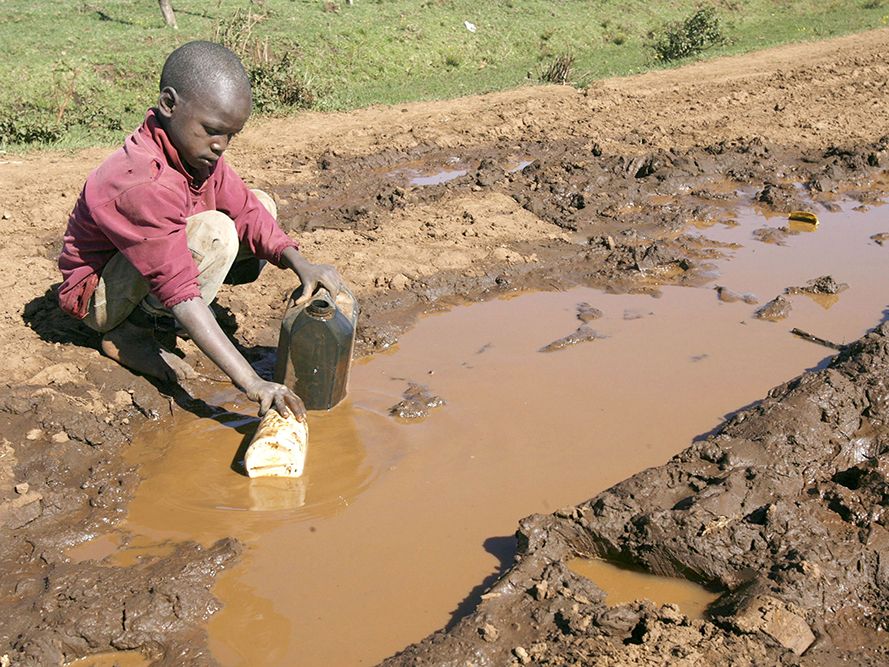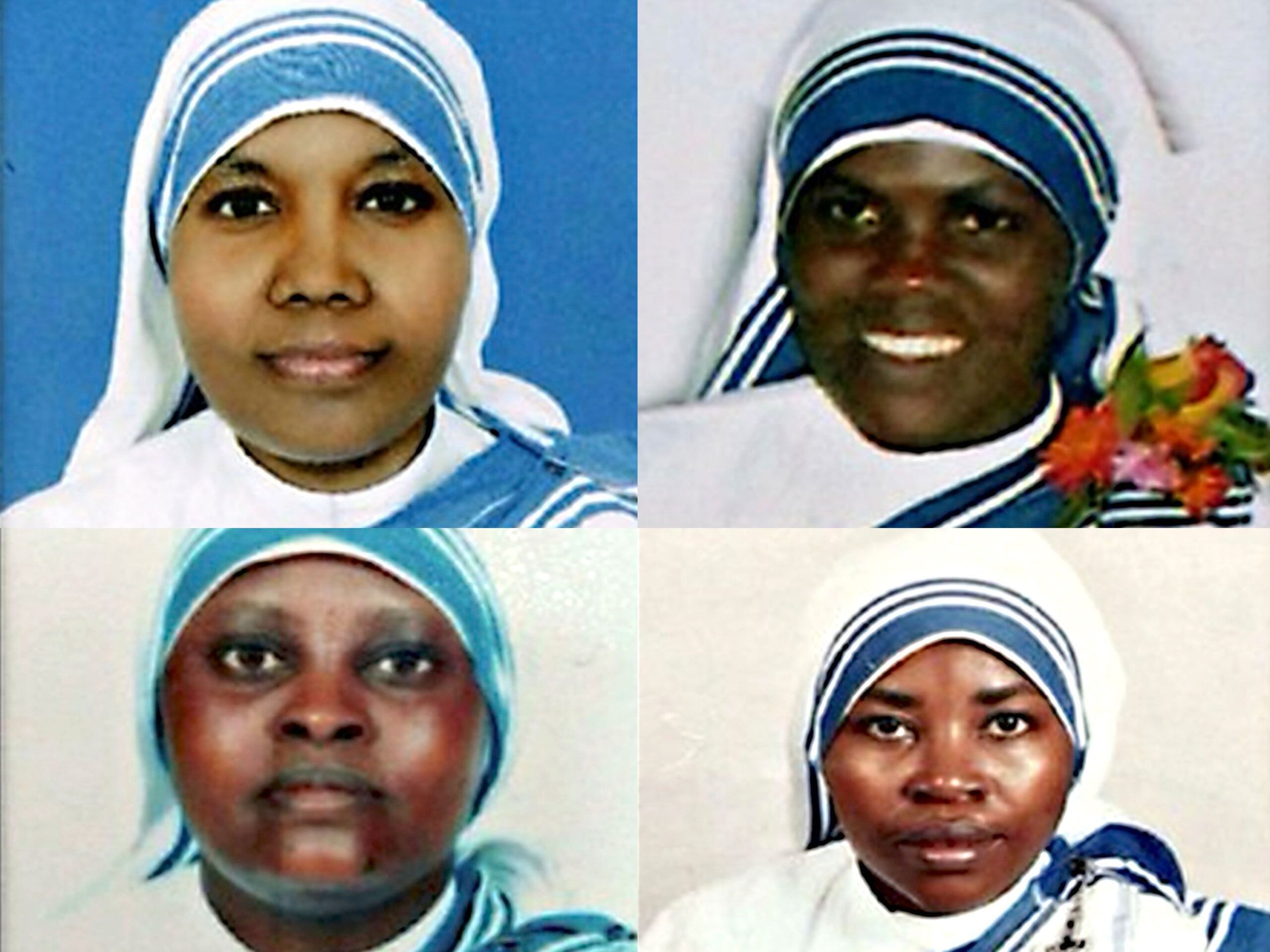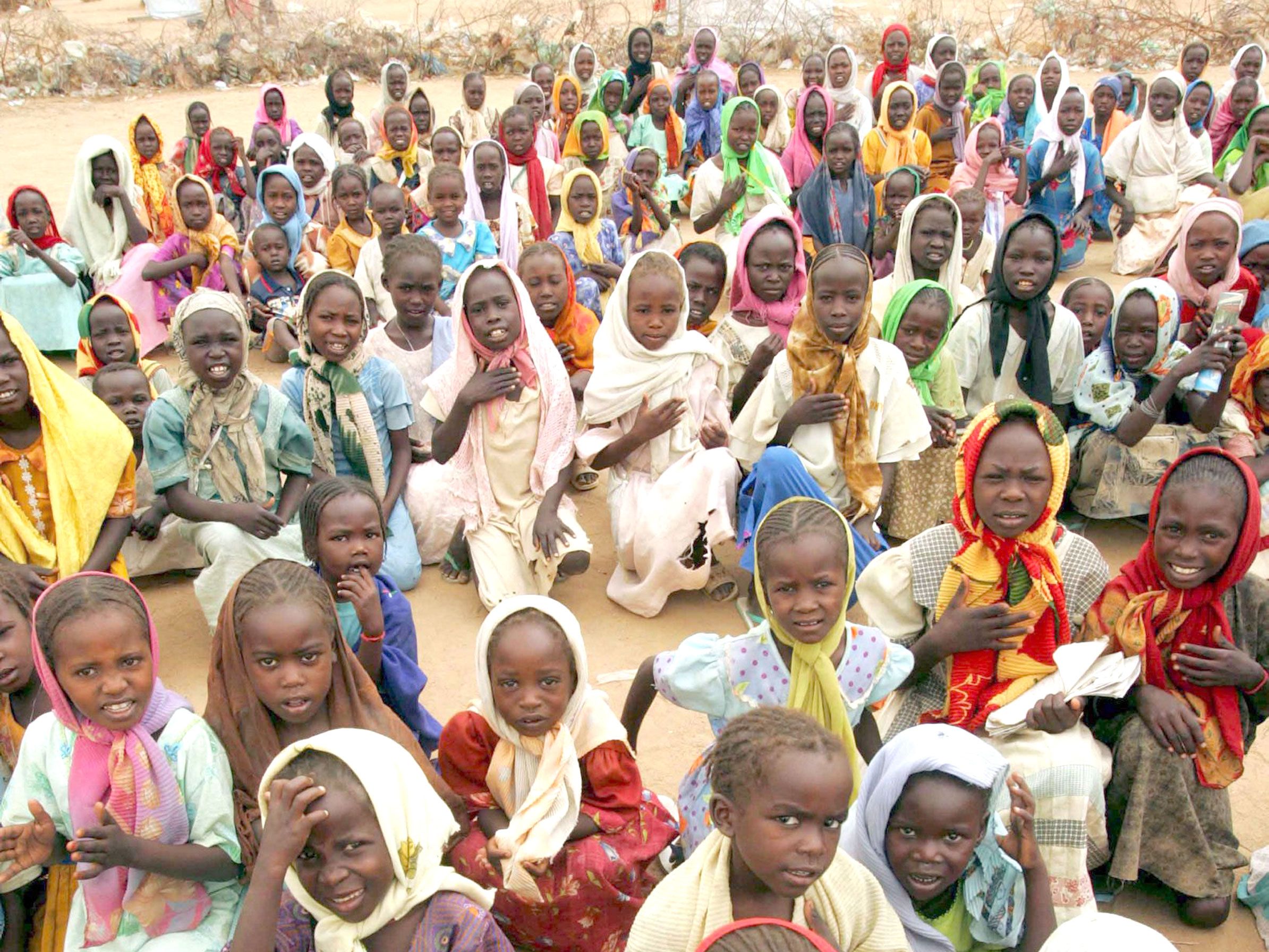

When the wells run dry
We have to use water with a greater sense of universal solidarity. This means to use and not abuse such a precious gift, knowing that wells may run dry sooner than we think.
Browse past isues
Help the mission
Support the mission
Get in touch


We have to use water with a greater sense of universal solidarity. This means to use and not abuse such a precious gift, knowing that wells may run dry sooner than we think.


As part of its post-2015 development agenda, the United Nations is spearheading a global campaign to help resolve the world’s growing water crisis, possibly over the next 15 years, targeting the period 2030. But over 880 million people still do not have access to safe drinking water today, according to the latest figures. The growing demand for water is projected to increase by over 40 percent by 2050. And an estimated 1.8 billion people, out of a total world population of over 7 billion, will live in countries or regions with water scarcity, according to the U.N..


South Africa is on the brink of a water crisis. Climate change, the stealing of water, contamination resulting from poor sanitary practices and mining, and the emphasis of water-for-profit, among other reasons, are to blame for this impending catastrophe. Contingency measures are now being put in place by both the national and local governments to avert the situation. However, such plans will be inadequate if leaders do not have the will to implement these measures and the remaining water resources are not managed well.


The amazing growth of the Christian community in Northeast India took the older Churches in the country by surprise as the second millennium drew to a close. While the Church in South India traced its origins to Apostle Thomas and others to St. Francis Xavier and other missionaries, this new Christian community in the northeastern corner of the country is a little more than 120 years old. But it is fast moving towards having two million believers. Truly, the missionaries there have shown how it is to be the “light of the world.”


Something Beautiful for God was the title of the classic work by Malcom Muggeridge that, back in 1971, introduced Mother Teresa to the world at large. This title can describe very movingly the sacrifices that the four Sisters of Mother Teresa made up to the point of being killed by a group of Muslim terrorists.


While “salvation” and “paradise” are both held sacred and exclusively for believers by Muslims and Christians over the years, the unmistakable reality for all people of goodwill is that the invitation is universal. The janna of the Koran, the paradise of the Bible, the kingdom of Allah – God, is for every human being.


Archbishop Thomas Menamparampil, SDB, was born on October 22, 1936, in Palai, India. He retired in January 2012 after serving as Bishop of Dibrugarh for 11 years, and 20 years as Archbishop of Guwahati. In February 2014, however, Pope Francis called him out of retirement and appointed him the apostolic administrator of the Diocese of Jowai. Ever the zealous missionary that he is, he took on the responsibility to continue to serve. Archbishop Thomas, in a nutshell, is a true “bridge builder” who emphasizes the need for dialogue in reaching out to lukewarm Catholics, nonbelievers, or even those hostile to the Church.


Comboni Missionary Bishop Armido Gasparini (1913-2004) tied his existence to that of the peoples of the Horn of Africa. A churchman and a scholar, he passed away at 91, after spending 52 years in Ethiopia. His name still marks the social and cultural life of the groups he encountered. He was an accomplished linguist and his textbooks in Amaharic are considered an important patrimony of that language. As the first Bishop of Awasa, during the troubled times of revolution and dictatorship, he was respected by the powerful but spent his whole life at the service of the poor.


On June 29, we celebrate the feast of St. Peter, a good chance to visit the vocation of this apostle par excellence. Although we know St. Peter well, his figure never ceases to fascinate us. He is the great Peter, the enthusiastic and generous man who also knew our weakness and smallness! (Mt 5:1-11)
